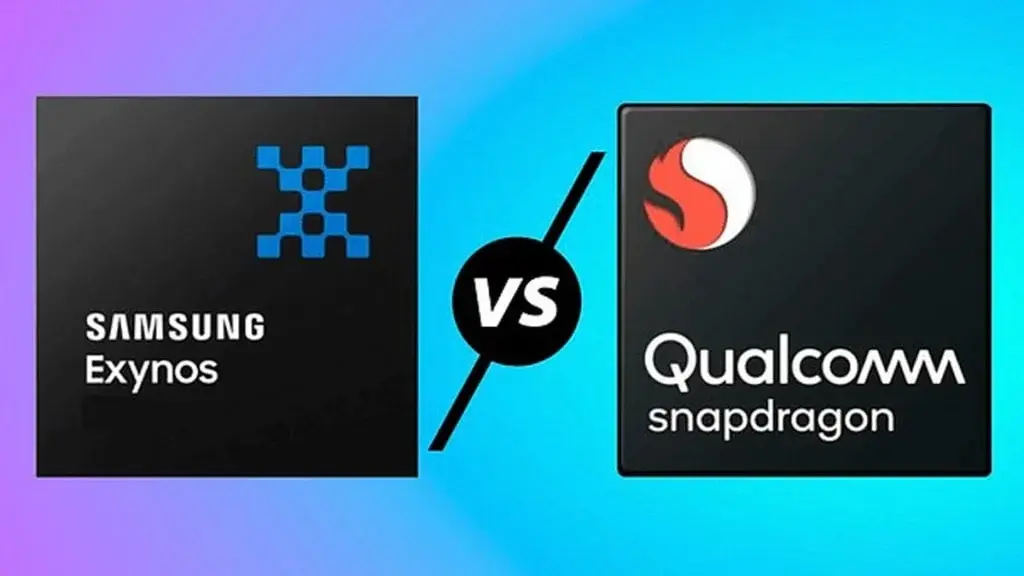Smartphones are progressively becoming more costly. Just a few years ago, a premium phone priced at $800 would have been deemed a luxury. Today, that cost appears quite reasonable, mainly due to the enhanced performance capabilities of these devices, which come with a higher price tag.
Rising Processor Costs Impacting Phone Prices
The most recent Snapdragon 8 Gen 3 processor, featured in numerous flagship Android phones, is estimated to be priced at approximately $200. This reflects a 25% increase compared to the previous generation's Snapdragon 8 Gen 2. Unsurprisingly, this surge in processor costs directly influences higher phone prices for consumers.
Choices for Phone Manufacturers
Given this scenario, phone manufacturers are confronted with several choices. They can opt for a less powerful and more economical processor from Qualcomm, switch to a competitor such as MediaTek, or embark on developing their own processors. The latter alternative, though cost-effective, is highly technical and presently limited to only a few companies globally.
Samsung's Strategy with Exynos Chips
Samsung, a company equipped with in-house processor capabilities like Exynos, appears to be increasingly dependent on Qualcomm. Yet, there are promising signals: the Korean tech giant purportedly intends to incorporate Exynos chips in more phones in the future, potentially aiding in managing production expenses.
While Samsung frequently employs its own processors in lower-tier and mid-tier phones, it collaborates with Qualcomm for flagship chipsets to retain competitiveness. For instance, the Galaxy S23 series exclusively used Snapdragon processors globally. However, Exynos made a return for specific regions in the Galaxy S24 series, indicating that this approach might be a permanent one.
According to reports, Samsung plans to elevate the utilization of Exynos chipsets in Galaxy devices commencing from 2024. The primary objective is to curtail costs and diminish reliance on external sources. Despite acknowledging the performance and power efficiency concerns associated with Exynos processors, Samsung is investing in addressing these issues. If successful, the company hints at potentially exclusively adopting Exynos chipsets for the Galaxy S25 series, although it is premature to confirm this decisively.


Leave a Reply